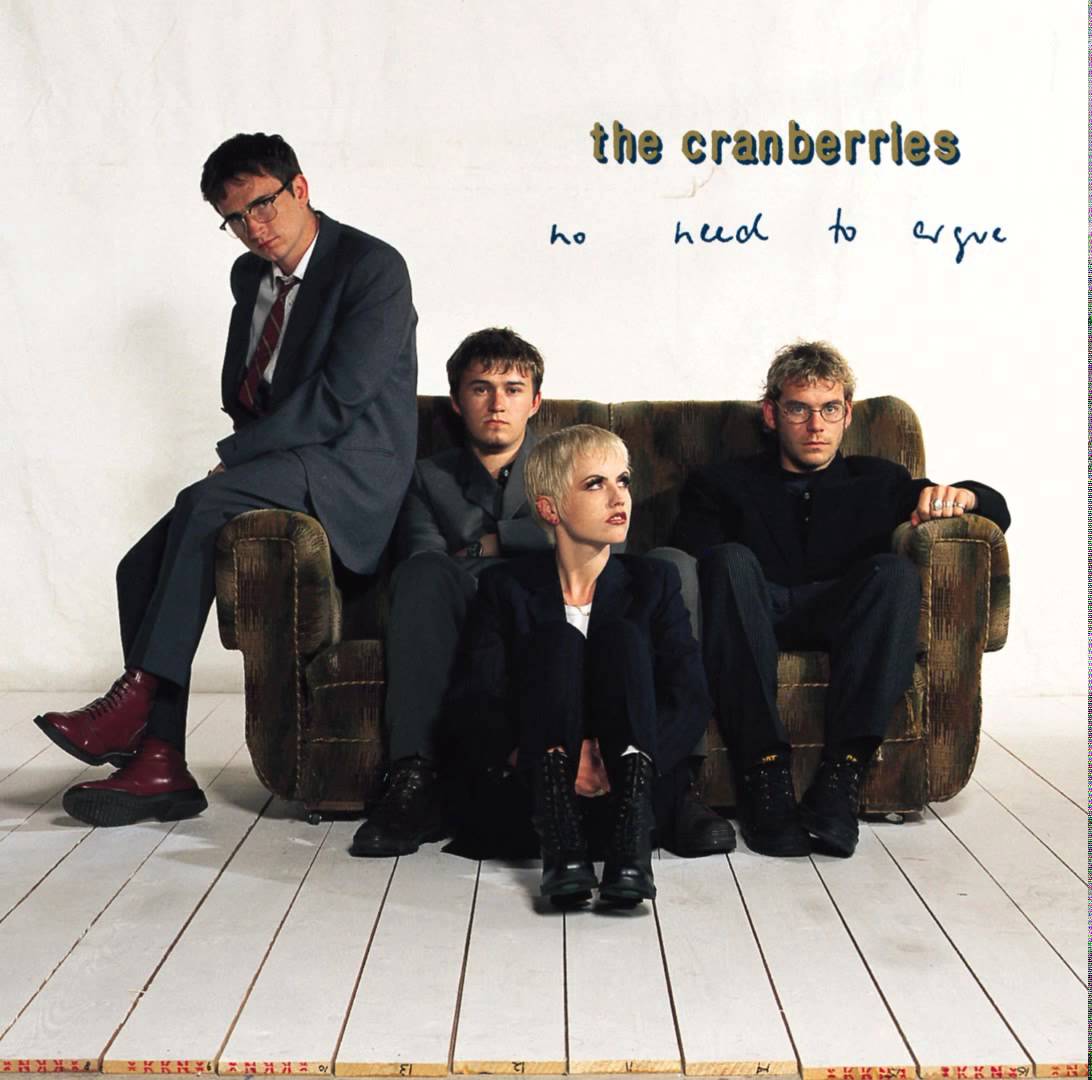This review of ‘No Need to Argue’ originally appeared in the November 1994 issue of SPIN. In celebration of the album’s 25th anniversary on October 3, we are republishing it now.
Rating: Whoa! Slow down, pal! This album is pretty good, but you can’t buy everything in the store. Can you?
Oh, Dolores. Was ever a singer more aptly named? When she sighed the most perfect pop couplet of the decade—“You’ve got me wrapped around your finger / Do you have to let it linger?”—didn’t she sort of sound dolores or dolorous or doleful or something?
No critic-created musical sub-genre of recent years has been more worthy of mass derision than the bastion of the pale, the asthmatic, and the romantically incontinent known as “dream pop.” It wasn’t so long ago that we had a mini-Prozac Nation full of these ethereal gals who submerged their little whispery odes to eating disorders under waterfalls of astringent guitars.
I was guilty as sin of initially dismissing the Cranberries as the latest shipment of addled janglers, but that was before I realized they flew in the face of every dream-pop convention by turning the vocals up. And once Dolores O’Riordan’s tones lured you, like a leprechaun in search of missing gold, toward “Linger” and “Dreams,” it became apparent that again, unlike its sub-genre contemporaries, the group could take its atmospherics and make songs out of them.
They’re somewhat more miserly with that skill on No Need to Argue, hitting the G-spot on only three occasions. Ironically, the song that starts off as a Northern Irish version of the Great British Mistake (previously made by the likes of ABC, the Human League, and Spandau Ballet when they were overcome by the urge to prove that they could rock!) is the record’s high point. “Zombie,” a slap at the legacy of violence that keeps their homeland mired in the past, lurches between grindcore and whimsy, with O’Riordan mood-swinging from her normal soothing allure into growling and barnyard impersonations.
Cautious consumers looking for another “Linger” may face disappointment. Of the trio of sweeties on offer, “Twenty One” is as beautiful now as it was when Cyndi Lauper did it and it was called “Time After Time”; “Dreaming My Dreams” is not the Waylon Jennings song, but it’s not hurt by the comparison; and the lovely title track is a perky Buddy Holly-style pop song rendered hymnlike by voice and single-finger organ accompaniment. These are gorgeous songs, but in a year when we learned that Zingalamaduni is Swahili for “sophomore jinx,” they may not be enough to keep a career afloat.





